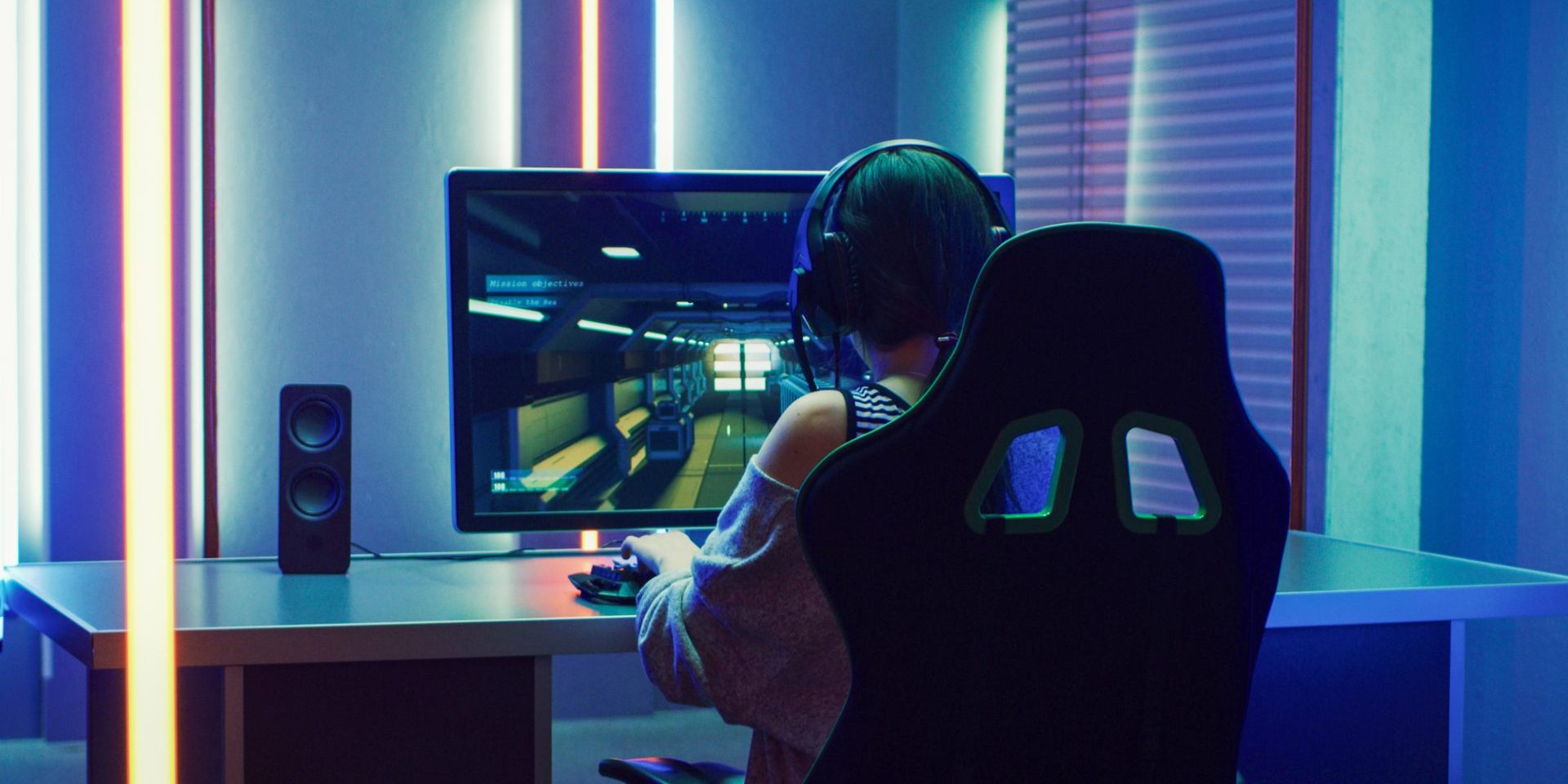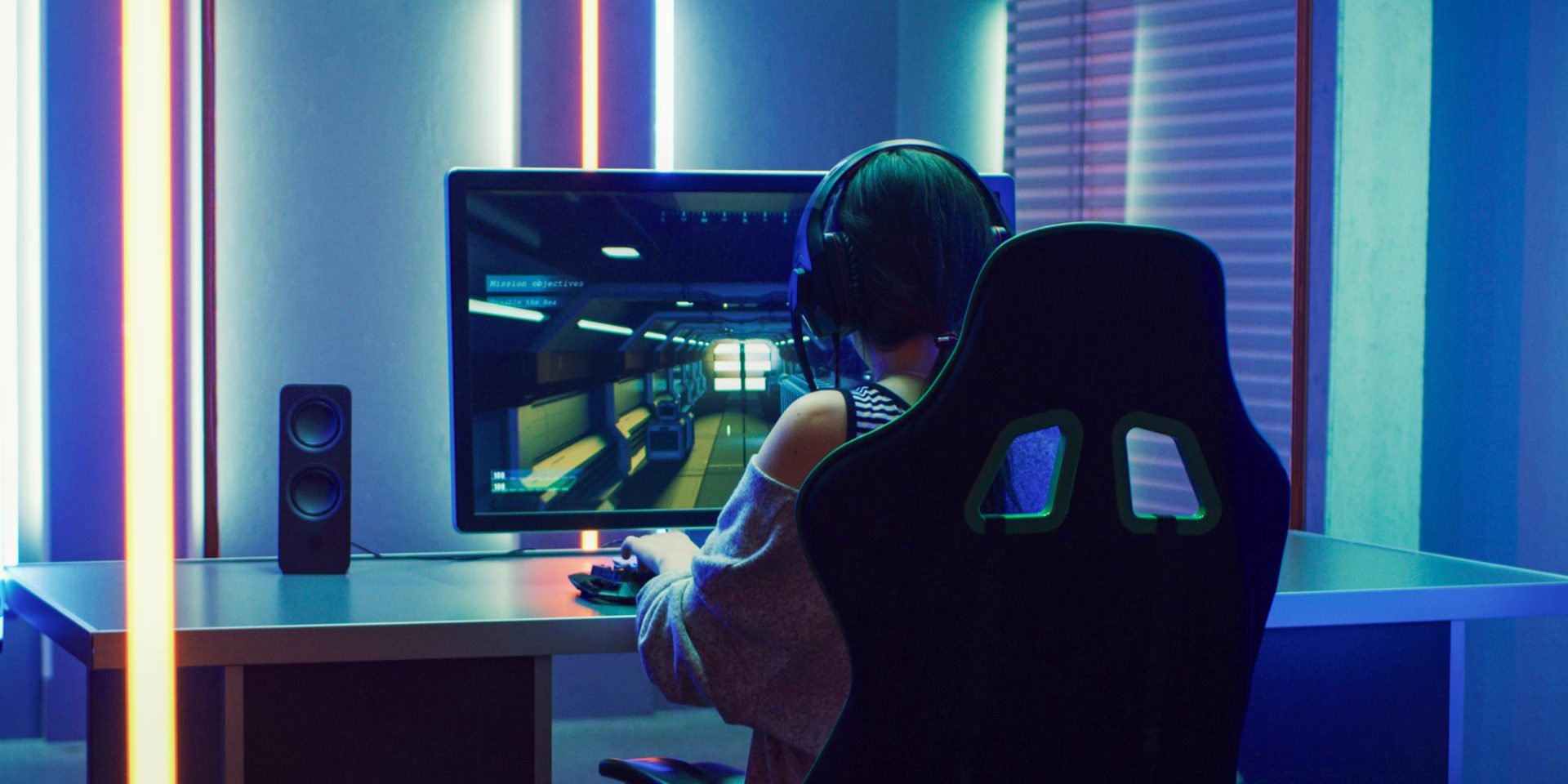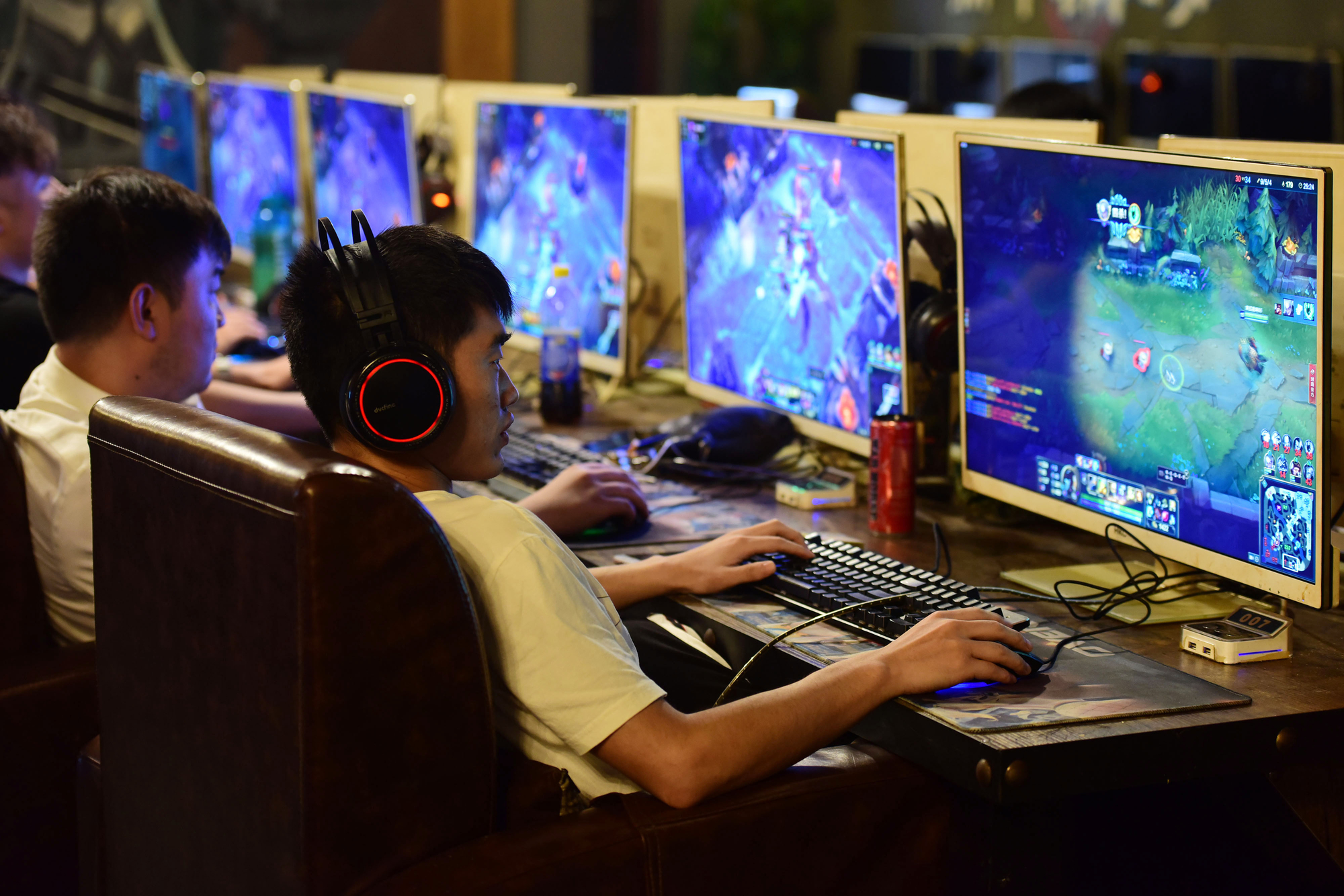

Gaming habits have become increasingly intertwined with career interests for younger generations. As adolescents spend more time immersed in virtual worlds, they develop skills and interests that can shape their future career paths. Video games offer unique opportunities for skill development in areas such as problem-solving, strategic thinking, and teamwork, which are highly valued in many professional fields.
The connection between gaming and career choices extends beyond obvious paths like game design or programming. Players who excel in strategy games may find themselves drawn to fields like business management or military strategy. Those who enjoy building and crafting in games might discover a passion for architecture or engineering. Online multiplayer games can foster leadership and communication skills applicable to various team-oriented professions.
Research suggests that analyzing gaming profiles can provide insights into an individual’s aptitudes and potential career interests. This information can be used to guide future career planning and professional training for video game enthusiasts. As the gaming industry continues to grow and evolve, its influence on shaping career aspirations for future generations is likely to expand.
The Influence of Gaming on Career Aspirations
Video games shape career interests and develop valuable skills. Many gamers discover professional paths aligned with their gaming experiences, acquiring abilities applicable to various industries.
From Play to Passion: Identifying Potential Careers
Gaming introduces players to diverse professions and fields. Strategy games like Civilization or SimCity spark interest in urban planning, economics, and politics. Action roleplaying games often feature characters with specific jobs, exposing players to careers in medicine, law enforcement, or archaeology.
Puzzle-platform games can inspire future engineers or architects. Many gamers become interested in game development, animation, or programming after experiencing engaging gameplay mechanics and visuals.
E-sports and streaming platforms have created new career opportunities. Professional gamers, commentators, and content creators build successful careers around their gaming expertise.
Skills Acquisition Through Gaming
Video games cultivate a range of transferable skills. Problem-solving abilities develop through strategic decision-making and puzzle-solving. Many games require quick thinking and adaptability, traits valued in fast-paced work environments.
Teamwork and communication improve through multiplayer games. Players learn to coordinate strategies, delegate tasks, and provide clear instructions to teammates.
Leadership skills emerge as gamers manage in-game resources, lead guilds, or organize events. These experiences translate to real-world project management and team leadership roles.
Gaming fosters creativity and innovation. Players often devise original solutions to in-game challenges, enhancing their ability to think outside the box in professional settings.
Gaming Genres and Career Pathways
Different game genres align with specific career paths. First-person shooters can improve spatial awareness and reaction times, beneficial for fields like emergency response or air traffic control.
Simulation games provide insight into various industries. Flight simulators spark interest in aviation careers, while business simulations introduce concepts relevant to entrepreneurship and management.
Role-playing games often involve character customization and progression systems. These mechanics can inspire interest in fields like personal development, education, or human resources.
Strategy games enhance analytical thinking and long-term planning skills. These abilities are valuable in careers such as finance, logistics, or military strategy.
Educational Pathways and Gaming
Video games are reshaping educational trajectories and career paths for many students. The intersection of gaming and academics is creating new opportunities for learning and professional development.
Higher Education and Gaming
Universities are integrating gaming into their curricula across various disciplines. Computer science programs now offer courses in game design and development. Psychology departments study the cognitive effects of gaming on players. Business schools analyze the video game industry’s economic impact.
The University of Michigan has launched an esports program, combining competitive gaming with academic studies. This initiative helps students build teamwork, communication, and strategic thinking skills while pursuing their degrees.
IT professionals find gaming experience valuable in their careers. Problem-solving abilities honed through gameplay often translate well to coding and systems management tasks.
Bridging the Gap: Universities and Video Gaming
Colleges are partnering with game developers to create educational content. These collaborations aim to make learning more engaging and interactive for students. Some universities offer scholarships to skilled gamers, recognizing their potential in fields like computer science or digital media.
Gaming clubs and organizations on campuses provide networking opportunities for students interested in the industry. These groups often host tournaments, workshops, and guest speakers from gaming companies.
Research shows that certain video games can improve cognitive skills relevant to academic success. A postdoctoral research fellow found that strategy games enhance critical thinking abilities applicable to STEM fields.
Career Development in the Gaming Industry
The gaming industry offers diverse career paths and opportunities for growth. Jobs in this sector span technical, creative, and business roles, catering to various skills and interests.
Emerging Professions Within Gaming
Game developers are at the forefront of creating new gaming experiences. They work with tools like Unity to bring virtual worlds to life. As the industry expands, specialized roles are emerging. AI programmers design intelligent in-game behaviors, while virtual reality experts craft immersive environments.
Data analysts play a crucial role in understanding player behavior and improving game design. They examine user data from platforms like Steam to refine gameplay and monetization strategies. Esports coordinators manage competitive gaming events, bridging the gap between players, sponsors, and audiences.
Sound designers and composers create audio landscapes that enhance gaming atmospheres. Their work is essential in building engaging and memorable experiences for players across different game genres.
Professional Skills for the Gaming Sector
Technical proficiency in programming languages and game engines is fundamental for many roles. Developers must stay current with evolving technologies and platforms. Problem-solving and creativity are key attributes for game designers who conceptualize gameplay mechanics and storylines.
3D modeling and animation skills are valuable for creating visually appealing characters and environments. Knowledge of physics engines helps in developing realistic game dynamics. Soft skills like teamwork and communication are important, as game development often involves collaboration across disciplines.
Project management abilities are essential for coordinating complex game development processes. Time management and the capacity to work under pressure are valuable, given the often tight deadlines in the industry.
Marketing and Management in Gaming
Marketing professionals in gaming focus on player acquisition and retention. They develop strategies to promote games across various channels, including social media and gaming platforms. Understanding different game genres and player demographics is key to crafting effective marketing campaigns.
Community managers foster relationships between game companies and players. They gather feedback, moderate forums, and organize events to keep players engaged. Product managers oversee game development, balancing creative vision with business goals.
Business development roles involve negotiating partnerships and licensing deals. These professionals work to expand game franchises into new markets or media. Analytics managers use data to inform business decisions, from pricing strategies to feature prioritization.
Social and Psychological Impacts of Gaming
Gaming affects mental health and social interactions in complex ways. Research shows both positive and negative effects on players’ well-being and relationships.
Gaming and Mental Well-Being
Video games can boost mood and reduce stress. Many gamers report feeling more relaxed and happy after playing. Games provide a sense of achievement and progress as players overcome challenges and level up characters.
Some studies link moderate gaming to improved cognitive skills. Action games may enhance visual attention and processing speed. Strategy games can build problem-solving abilities.
Yet excessive gaming carries risks. Some players develop addictive behaviors, neglecting other activities. This can lead to social isolation, sleep problems, and poor academic performance.
Balance is key. Gaming in moderation as part of a healthy lifestyle offers benefits with fewer downsides.
The Sociological Perspective on Gaming
Online multiplayer games create new social spaces. Players form friendships and communities across geographic boundaries. Virtual worlds allow people to experiment with identities and social roles.
Gaming culture shapes values and norms among youth. It influences language, fashion, and media preferences. E-sports turn top players into cultural icons and role models.
Gender differences exist in gaming habits and preferences. Action and sports games appeal more to males on average. Puzzle and simulation games attract more female players.
Critics worry about violence in games. Yet research shows limited evidence linking game violence to real-world aggression. Social context and individual traits play bigger roles in behavior.










